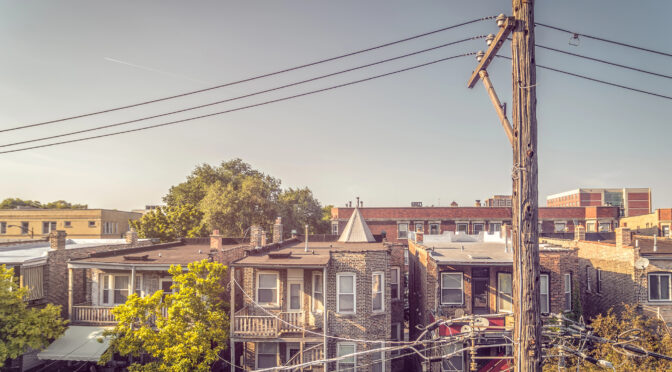Residential Home Flipping in Illinois
Investing in residential home flipping in Illinois
Investing in Illinois can be a promising venture given the state’s diverse housing market and economic potential. Here’s a comprehensive guide to understanding the nuances of home flipping in Illinois, including market predictions, financing options, ideal locations, profit opportunities, renovation costs, and the pros and cons associated with this investment strategy.
Current Market Predictions:
As of late, Illinois has presented a mixed but overall encouraging real estate market landscape. The demand for residential properties, particularly in urban areas and their immediate suburbs, has been steadily growing. With the current influx of remote workers and continued urbanization trends, the demand for housing is expected to remain strong.
Financing Options:
1. Traditional Loans: Traditional mortgage financing from banks or lending institutions can be a viable option for investors with strong credit profiles and established financial histories. This approach, while conventional, may involve a more extended approval process.
2. Hard Money Lenders: Hard money loans represent an alternative for investors seeking quicker access to funds for home flipping projects. While interest rates might be higher, these loans offer a more streamlined application and approval process, allowing investors to act promptly on potential opportunities. As one of the best Illinois hard money lenders we help investors with many short term financing options.
3. Private Investors: Collaborating with private investors or forming joint ventures can be a strategic way to access additional capital for home flipping initiatives. This approach entails sharing profits but can be advantageous for those with limited financial resources.
Best Locations for Housing and Jobs:
1. Chicago: As a vibrant economic hub, Chicago and its surrounding suburbs present numerous opportunities for residential home flipping. Neighborhoods such as Lincoln Park, Wicker Park, and Logan Square have attracted substantial interest from investors due to their diverse housing stock and proximity to employment centers.
2. Naperville: This affluent suburb of Chicago offers a competitive job market along with a desirable residential environment. Properties in neighborhoods like Downtown Naperville and White Eagle have shown potential for solid returns on investment.
Rent or Selling for Profit Opportunities:
The decision to rent or sell a property post-renovation depends on various factors, including prevailing market conditions, anticipated appreciation, and personal investment goals. Illinois’ rental market, particularly in urban areas, can offer a reliable source of ongoing income, while selling properties could yield significant short-term profits, especially in areas experiencing high demand.
Renovation Costs, Pros, and Cons:
Renovation costs in Illinois can vary widely based on property size, location, and scope of work. Pros of home flipping in Illinois include the potential for substantial returns on investment, opportunity for adding value through strategic renovations, and a relatively robust real estate market.
However, cons may encompass unforeseen renovation expenses, market volatility, and regulatory challenges. In conclusion, investing in residential home flipping in Illinois offers promising prospects for savvy investors who carefully assess market conditions, financing options, ideal locations, and renovation costs while weighing the associated pros and cons.
With due diligence and a thorough understanding of the local real estate landscape, investors can capitalize on the state’s diverse housing market to generate potentially rewarding returns through home flipping. We offer hard money loans for house flipping Nationwide, call Rehablend LLC today.

